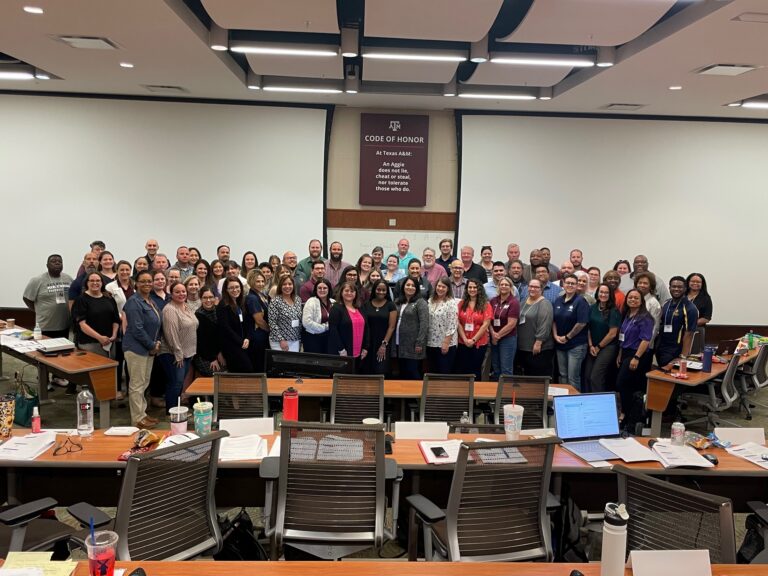Supreme Court strokes down affirmative action programs at Harvard and UNC
From NBC News:
By Lawrence Hurley
WASHINGTON — The Supreme Court on Thursday struck down affirmative action programs at the University of North Carolina and Harvard in a major victory for conservative activists that is likely to end the systematic consideration of race in the admissions process.
The court ruled that both programs violate the Equal Protection Clause of the Constitution and are therefore unlawful. The vote was 6-3 in the UNC case and 6-2 in the Harvard case, in which liberal Justice Ketanji Brown Jackson was recused.
The court effectively overturned the 2003 ruling Grutter v. Bollinger, in which the court said race could be considered as a factor in the admissions process because universities had a compelling interest in maintaining diverse campuses. In doing so the court scrapped decades of precedent including one ruling dating to 1978 that upheld a limited consideration of race in university admissions as a way to combat historic discrimination against Black people and other minorities.
In the majority opinion, Chief Justice John Roberts did not explicitly say that the former precedents were overruled, but in a concurring opinion conservative Justice Clarence Thomas said that the Grutter case was “for all intents and purposes, overruled.”
Roberts wrote that both programs “lack sufficiently focused and measurable objectives warranting the use of race, unavoidably employ race in a negative manner, involve racial stereotyping, and lack meaningful end points.”
The ruling is another example of the court, which has a 6-3 conservative majority, delivering on the long-held goals of conservative legal activists. It follows in the wake of the seismic ruling in 2022 that overturned Roe v. Wade, the landmark 1973 decision that guaranteed a right to abortion.
The court’s decision is a major blow to the most selective universities that say some consideration of race is vital in ensuring they have diverse student bodies.
The small number of schools that have extremely competitive admissions programs are the most affected. They have predicted that rulings against the colleges will lead to a significant drop in the enrollment of minority students and require admissions officers to experiment with new race neutral plans intended to counteract the impact. The vast majority of colleges accept almost all applicants and will not be as affected.
Among the dozens of institutions with admissions policies that take race into account are Yale University, Brown University, Columbia University, the University of Pennsylvania, the University of Chicago and Dartmouth College.
The ruling is likely to have repercussions far beyond higher education, including on K-12 schools, and puts increased pressure on colleges to come up with workable race neutral programs that would foster racial diversity. The decision could also lead to future challenges to racial diversity programs used by employers as similar arguments could be made under Title VII of the Civil Rights Act, which prohibits discrimination in employment.
The Biden administration has also warned that a ruling curbing affirmative action would detrimentally affect the U.S. military, which depends on a “well-qualified and diverse officer corps” educated at military academies like West Point as well as civilian universities.
In the 2003 ruling, Justice Sandra Day O’Connor wrote that affirmative action programs should no longer be needed by 2028. The court brought the curtain down five years earlier than she had predicted.
Affirmative action, introduced to redress historic discrimination, has been a contentious issue for years, strongly supported by educational institutions and corporate America as being vital to fostering diversity and condemned by conservatives as being antithetical to the notion that racial equality means all races are treated the same.
Both challenges were brought by a group called Students for Fair Admissions, led by the conservative activist Ed Blum.
The legal debate that led to the latest ruling was left unresolved by a fractured 1978 Supreme Court ruling in which the justices prohibited racial quotas but left the door open to some consideration of race. That then led to the 2003 Grutter ruling, which again reluctantly allowed some affirmative action programs
In 2016, the last time the Supreme Court ruled on affirmative action, the justices narrowly upheld the admissions policy at the University of Texas at Austin on a 4-3 vote, with conservative Justice Anthony Kennedy, who has since retired, casting the deciding vote.
The court shifted to the right after then-President Donald Trump appointed three conservative justices. President Joe Biden’s appointment of Jackson did not change the ideological balance of the court, as she replaced fellow liberal Justice Stephen Breyer. As Jackson served on Harvard’s board of overseers during the litigation, she stepped aside from that case and participated only in the North Carolina dispute.
Blum’s group argued that any consideration of race in college admissions is unlawful under both Title VI and the Constitution. They said that the UNC admissions policy discriminates against white and Asian applicants and that the Harvard policy discriminates against Asians. In both cases, lower courts ruled in favor of the universities.
In defending their policies, the universities and their supporters — including the Biden administration, civil rights groups, businesses and former military leaders — argued that excluding someone based on race is completely different from seeking diversity on campus. The universities say race is just one factor that is considered as part of broad individualized analysis of each applicant.
Those defending affirmative action said race-neutral policies aimed at achieving diversity will often fail, leading to declines in Black and Hispanic enrollment. The challengers point to examples in the nine states that already ban the practice as evidence that considering race is not essential.
